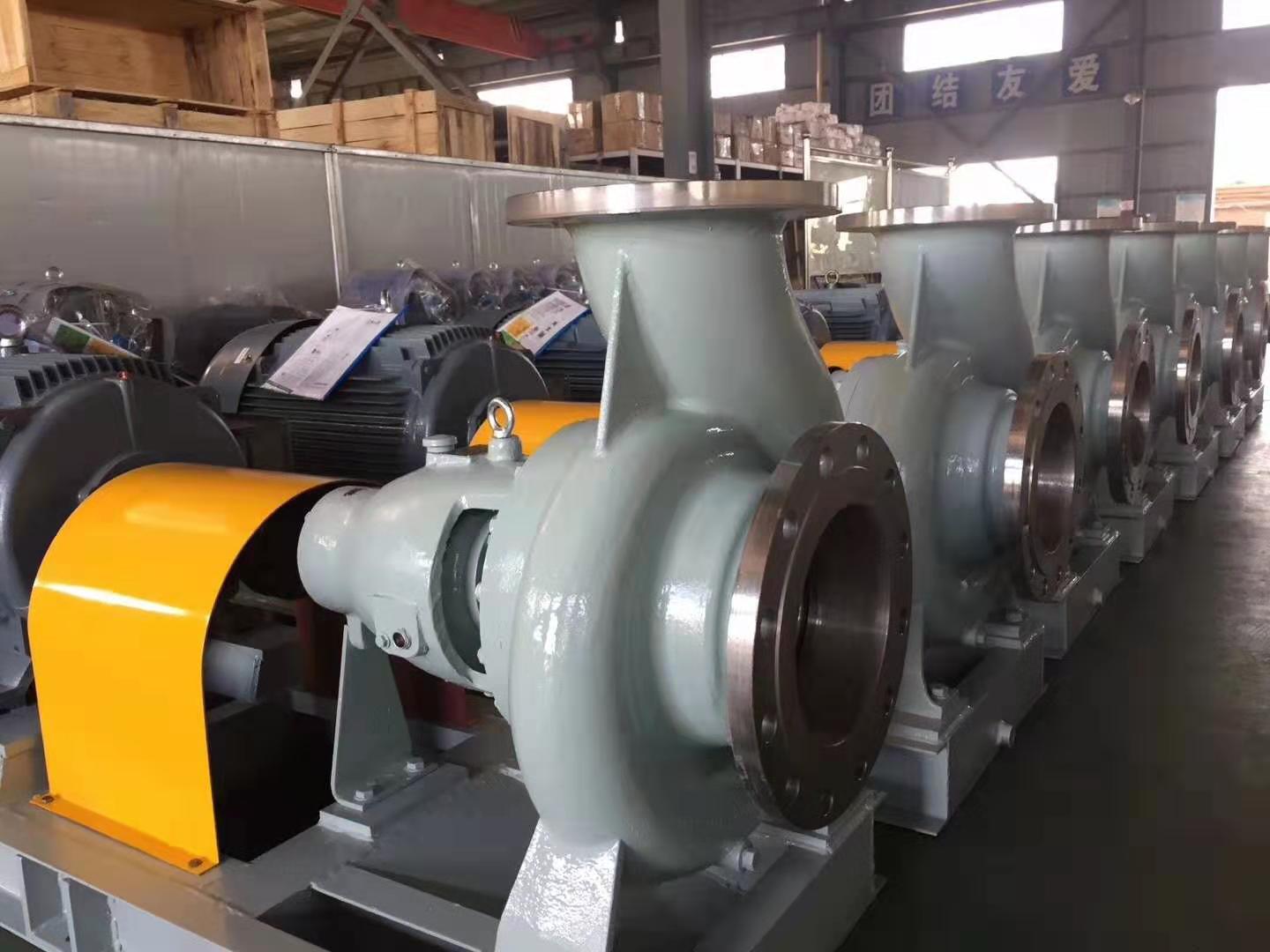What is a Chemical Pump: A Comprehensive Guide
Understanding Chemical Pumps: Types, Applications, and Selection Guide
Chemical pumps play a critical role in industries such as pharmaceuticals, agriculture, manufacturing, and water treatment. These specialized pumps are designed to safely and efficiently transfer liquids, chemicals, and other materials, ensuring precision and reliability in demanding environments.
What Are Chemical Pumps?
Chemical pumps are engineered to handle corrosive, abrasive, or hazardous fluids. Unlike standard pumps, they are constructed from materials resistant to chemical reactions, ensuring durability and safety in industrial applications.

How Do Chemical Pumps Work?
These pumps generate pressure to move fluids through a system. Depending on the design, they may use impellers, diaphragms, gears, or other mechanisms to create the necessary force for fluid transfer.
Types of Chemical Pumps
Different applications require specific pump designs. Below are the most common types:
Ideal for low-to-medium viscosity fluids.
Operate using an impeller to create kinetic energy for fluid movement.
Diaphragm Pumps
Use a flexible diaphragm to displace fluids gently.
Suitable for abrasive or high-solid-content liquids.
Peristaltic Pumps
Employ rollers to compress a tube, pushing fluid forward.
Excellent for precise dosing and handling viscous or shear-sensitive materials.
Piston Pumps
Utilize reciprocating pistons for high-pressure applications.
Effective for thick or high-solid-content fluids.
Use magnetic coupling to eliminate leakage risks.
Perfect for hazardous or toxic chemicals.
Gear Pumps
Feature interlocking gears to move low-to-medium viscosity fluids.
Provide consistent flow rates.
Progressive Cavity Pumps
Use a helical rotor for gentle pumping of thick or abrasive fluids.
Common in food processing and wastewater treatment.
Air-Operated Double Diaphragm (AODD) Pumps
Powered by compressed air for portable or intermi.